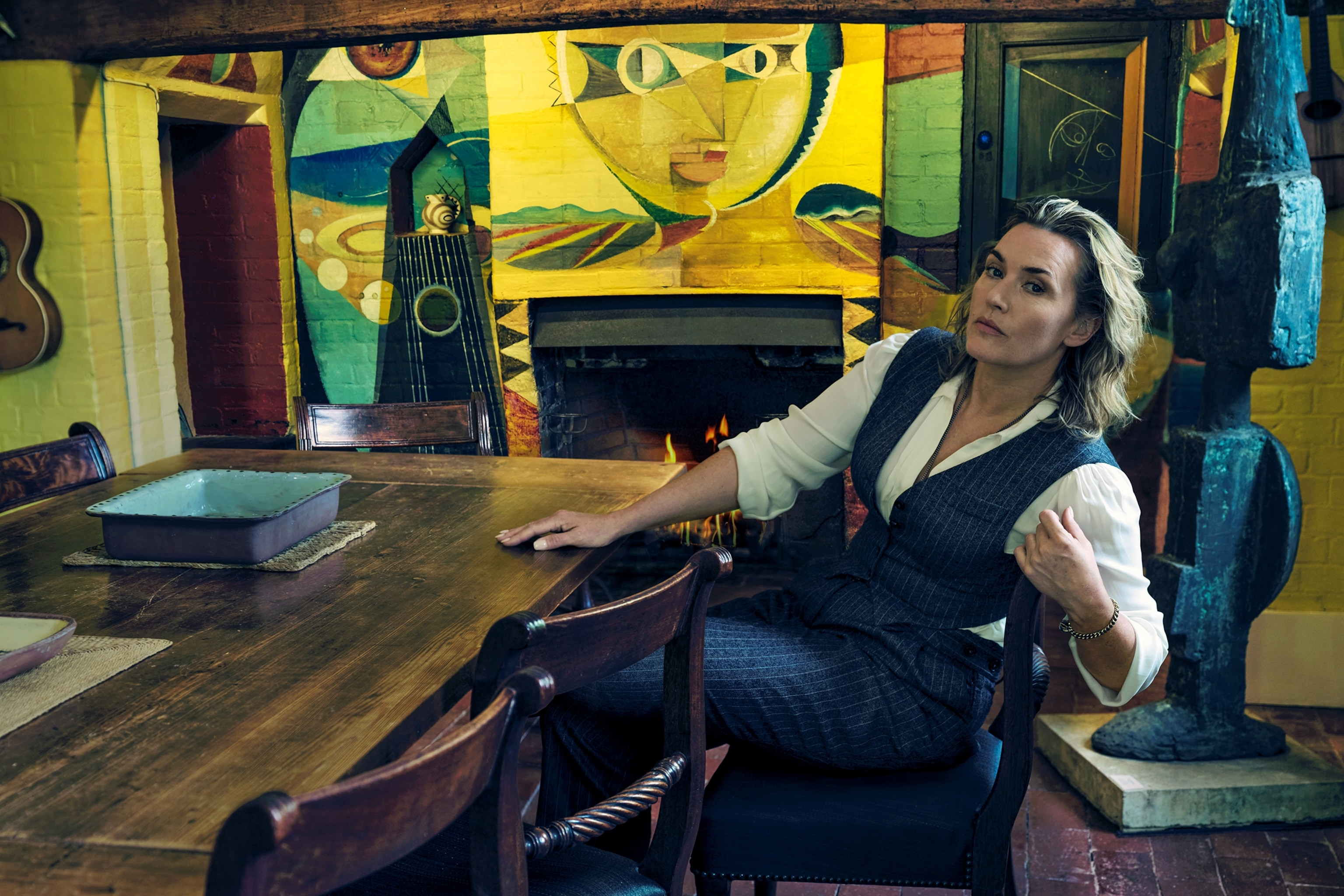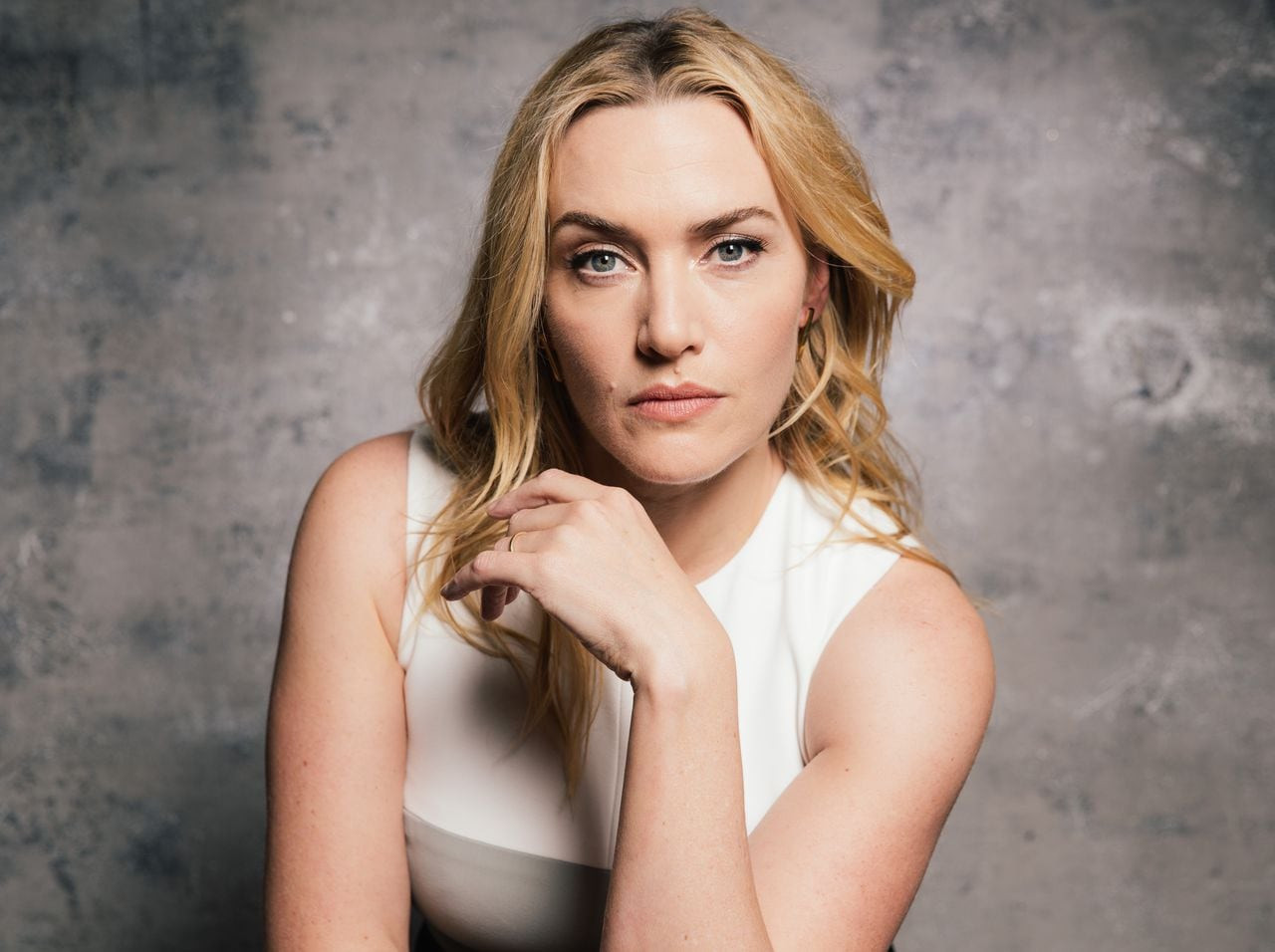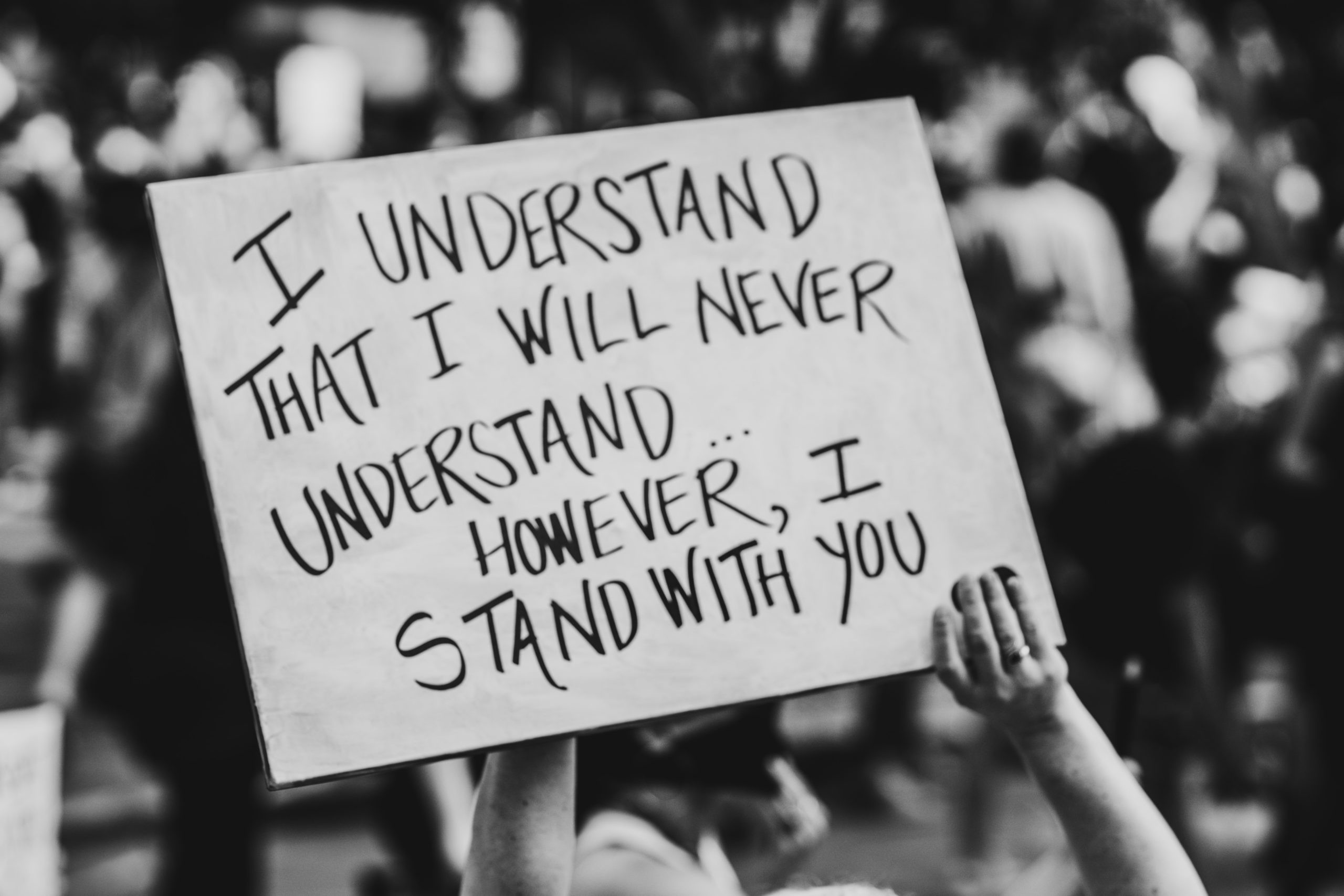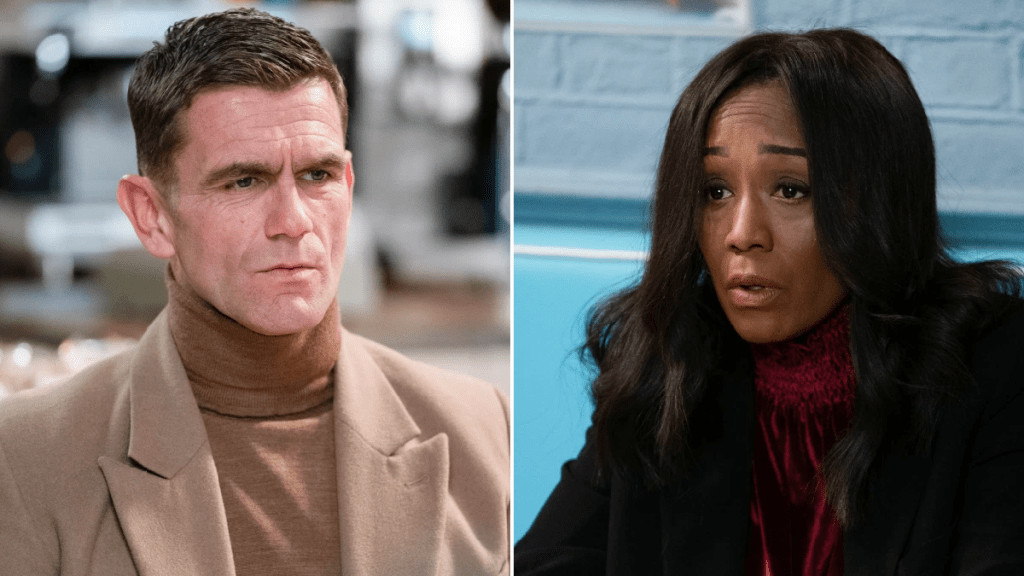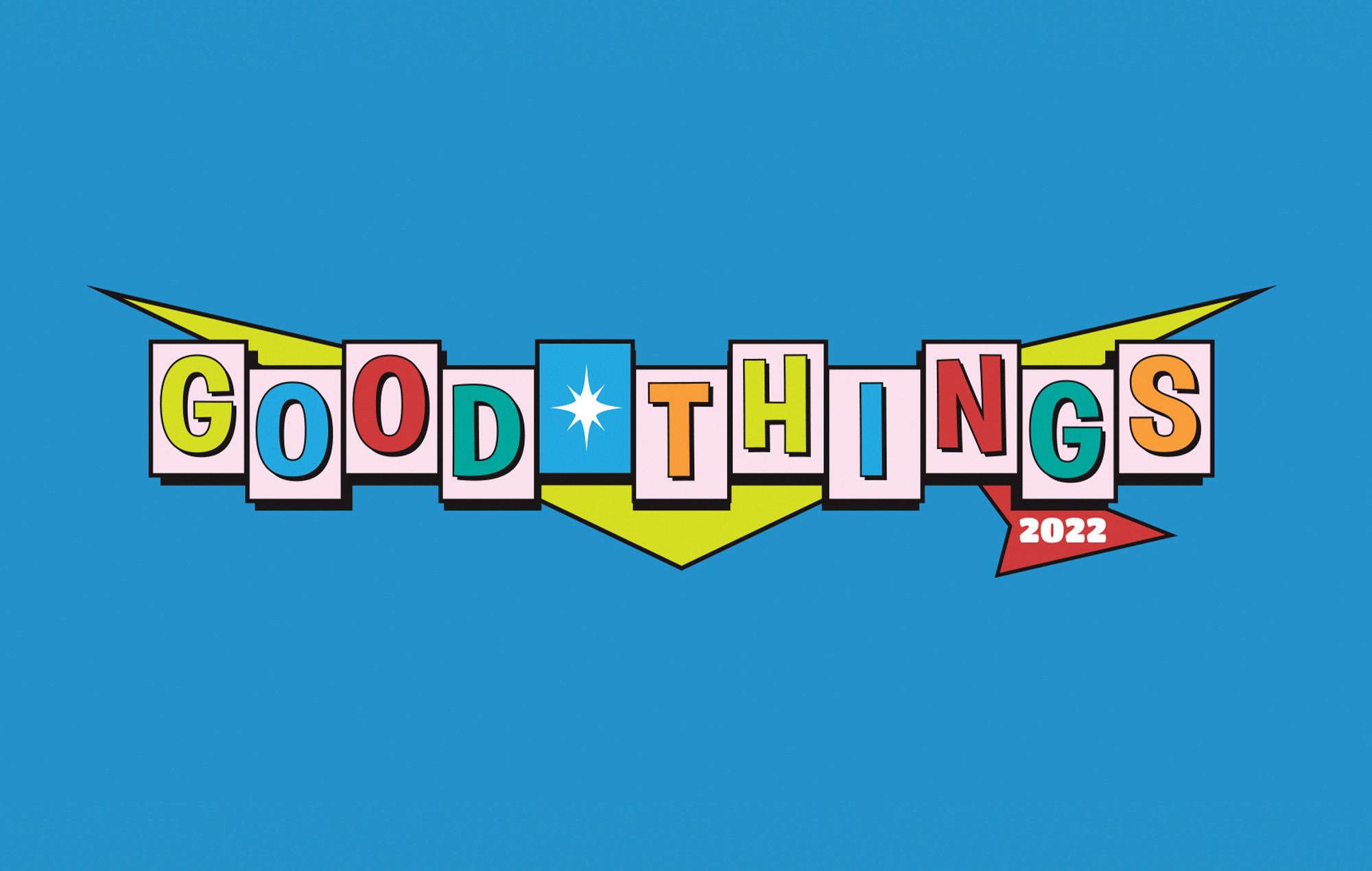Actress Kate Winslet has said “life is too short” to worry about physical appearance after she was allegedly told to sit up to hide “belly rolls” on the set of her latest film. The 48-year-old was speaking about playing Lee Miller in Lee, a biopic about the Second World War photographer’s life, and said she thought the comments were “absolutely bizarre” because her character’s body “would be soft”.
Speaking on Sunday With Laura Kuenssberg, the star said she intends to “live my life” and “enjoy it” rather than worry about her appearance. She said: “It’s interesting how much people do like labels for women.
“And they very much liked them in Lee’s day, and, annoyingly, they sort of still do – we slap these labels on women that we just don’t have for men. It’s absolutely bizarre to me.
“It was my job to be like Lee. She wasn’t lifting weights and doing Pilates, she was eating cheese, bread and drinking wine and not making a big deal of it, so of course her body would be soft.
“But I think we’re so used to perhaps not necessarily seeing that and enjoying it – the instinct, weirdly, is to see it and criticise it or comment on it in some way.
“And people were saying ‘God, how wonderful, you know. She’s saying that she doesn’t care about her body’.
“I was talking about the character that I’m playing, but of course I don’t care.
“But it was through the conversation about playing Lee… and I think my point is that, as women, we so need to be having that conversation and just celebrating just being a real shape and being soft and maybe having a few extra rolls.
“Life is too short, do you know? I don’t want to look back and go ‘Why did I worry about that thing?’ And so, guess what? I don’t worry anymore. I don’t care.
“I’m just going to live my life, going to enjoy it, get on with it. You’ve got one go around – make the most of it.”
Social Media's Impact on Children
Kuenssberg asked Winslet if she still wants social media companies to “stand up and do something” about the impact on children and families, as she had after starring in Channel 4’s I Am Ruth, a film about a family whose lives are turned upside down by social media.
The actress replied: “I do still think ‘Stand up and do something’.
“I’m just finding it staggering that more isn’t being done. It’s an extraordinary thing as an actor – sometimes when you can just open that door to a conversation, and I was overwhelmed by how much we really did ignite debate.
“There has been this real upswell in communities and, in fact, entire towns, it turns out, in this country, where they are making them social media or even smartphone-free zones for children, under-16s.
“And that’s why we made I Am Ruth, it’s because I was realising that so many people I was coming across and hearing about their awful, sad stories. They just felt so isolated and alone and shameful, thinking ‘Oh my God, it’s just me, how has this happened to me, to my child?’
“So I do think it’s changing. I’m hoping it will change a lot more, but hopefully little by little we might get there.”
A Film Led by a Woman's Vision
Winslet began her acting career at the age of 15 in 1991 BBC children’s TV series Dark Season, before soaring to international fame with 1997’s Titanic. She has gone on to win an Oscar, a Grammy, two Emmy Awards, and five Baftas.
Winslet insisted that her new film, in which she plays the fearless photojournalist Lee Miller, must have a female director. The Oscar-winning actor, who is the lead star and co-producer of Lee, released in cinemas this week, wanted to portray American Miller as “a truth-seeker and a truth-teller”. She felt that Miller brought a particular sensitivity when she reported on the battle of Saint-Malo in the second world war, field hospitals in Normandy and the Dachau and Buchenwald concentration camps.
Winslet said “there was no question that it would be a woman who would direct this film”, according to production notes.
Miller, who died in 1977, is remembered as a model for Vogue and the muse and lover of surrealist artist Man Ray in her earlier life. But, during the second world war, she became a pioneering war correspondent and photographer, defying expectations of the time to report from the frontline. She once said: “I’d rather take a picture than be one.”
In focusing on that particular decade of Miller’s life, Winslet has said she hopes to dispel “preconceived ideas about Lee Miller as the model and the subject of many male artists’ gaze”.
Winslet offered the opportunity to direct the film to Ellen Kuras, who had worked as cinematographer on the films Eternal Sunshine of the Spotless Mind and A Little Chaos alongside Winslet. Lee is Kuras’s feature debut. She also co-directed The Betrayal (Nerakhoon), a 2008 documentary about refugees, which won an Emmy award.
Although Winslet has been nominated for an Oscar five times and won in 2009 for The Reader, it took her more than eight years to get the film about Miller made.
Kuras told the Observer that potential investors had been “patronising” in their dismissal of Lee as “a woman’s story”, asking: “Why would you want to make a story about her?”
She said that previous attempts to make a film about Miller had tended to be more from a male perspective, showing her as a “damaged woman” rather than understanding the toll that the war took on her.
“She was not unlike a lot of people who returned from the war, who had PTSD, and couldn’t talk about what happened,” she added.
Exploring the Heart of Darkness
Kuras also hopes the film will “skew the perspective to a place where Lee’s known for her work and for who she was – not only for the men that she was attached to”. She added: “The tendency is [to] see women through men. [We’re] looking at her as someone who stepped from the front of the camera and went behind the camera … to take control of the image … create her own story.
“Lee is a great role model because she wasn’t given the opportunity to become a war correspondent. She went out and found it. She followed her own intuition in the pursuit of telling the truth and the pursuit of justice.”
Her film, she said, portrays “a woman who threw herself into the heart of darkness”.
Winslet said last month she had refused to hide her “belly rolls” in the film during a scene in which she is wearing a bikini. The film will also recreate Miller’s famous self-portrait in Hitler’s bath at his apartment in Munich, with her boots darkening the bathmat with the mud of Dachau.
Kuras said that, because Miller had felt “objectified” as a model, as a director she was all the more concerned to ensure that scenes did not become “sexualised or objectified”.
A Deeper Dive into Lee Miller's Legacy
The film is based on The Lives of Lee Miller, a book by Antony Penrose, her only child from her marriage to the surrealist artist Roland Penrose.
“Antony Penrose was an incredible partner in the making of the film. Kate spent a lot of time down in Farley Farm [in Sussex], where Lee lived after the war.”
Winslet has said: “Being able to look through all her photography was vital, but more than anything, it was reading Lee’s letters … that helped me the most.”
When she initially contacted Penrose, he told her that “many people have tried to make films about Lee, we have a whole box of screenplays in the attic that have never been made.” When she asked him why, he replied, “they just didn’t quite get her”.




